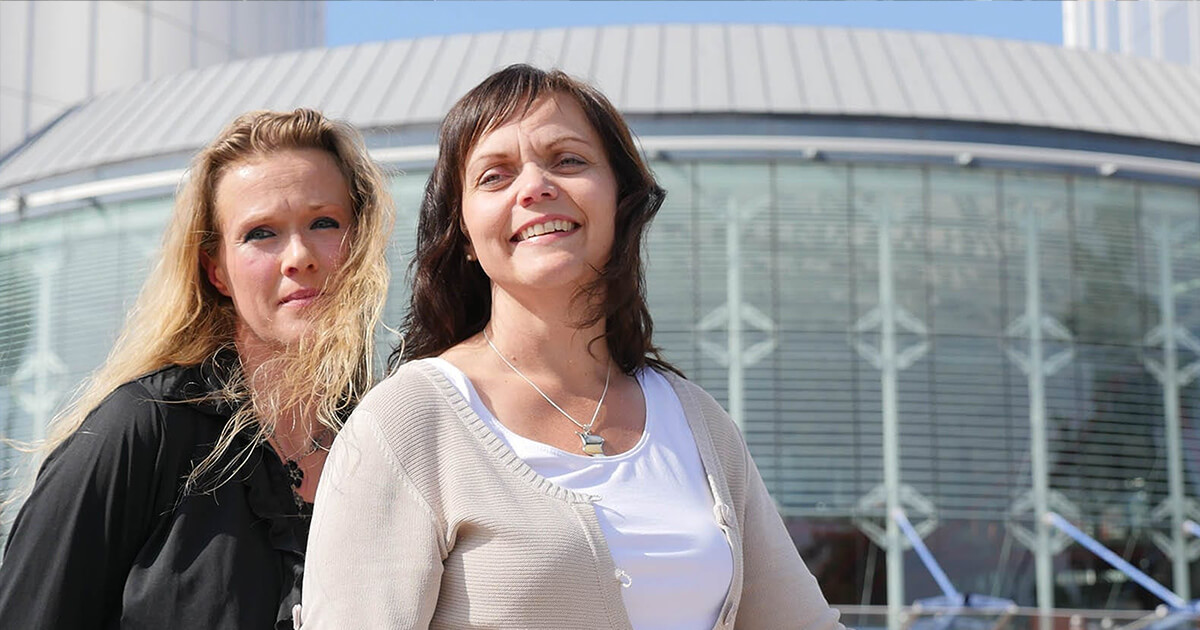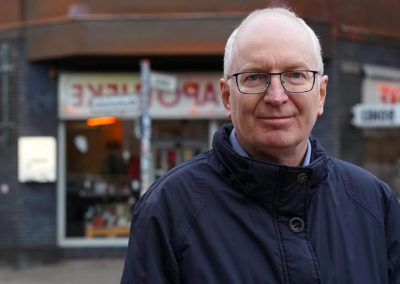The European Court of Human Rights has declined to hear the case of two Swedish midwives repeatedly denied jobs because of their refusal to perform abortions.
Ellinor Grimmark and Linda Steen had hoped to challenge authorities in Sweden, telling the court that being denied employment due to their pro-life views was an illegal breach of their rights to freedom of conscience.
Both had initially worked as nurses but retrained as midwives amid a severe shortage, receiving state funding to do so.
However, due to their pro-life views, job offers were withdrawn with one hospital stating it could provide Ellinor with counselling aimed at reconciling her “obstinate mind” with the good of abortion.
The head of the maternity ward at another hospital questioned “whether a person with such views actually can become a midwife”.
After exhausting legal options in Sweden, Ellinor and Linda had hoped the European Court of Human Rights would provide them and other pro-life midwives with a ruling that’d allow them to safely deliver babies without also having to abort them.
But, in a short written decision, the court said their case was inadmissible and that freedom of conscience shouldn’t prevent the provision of abortion.
The judges’ decision on the case admitted there had been “an interference with her freedom of conscience,” but added that “the interference with the applicant’s freedom of religion was proportionate and justified with the view of achieving a legitimate aim…”
“Sweden provides nationwide abortion services and therefore has a positive obligation to organise its health system in a way as to ensure that the effective exercise of freedom of conscience of health professionals in the professional context does not prevent the provision of such services,” it added.
Now that it has dismissed their case, Ellinor and Linda cannot appeal again to the court. Its decision will negatively impact midwives across 47 Council of Europe Member States who could now be compelled to participate in abortions if they want to deliver babies.
Ellinor, who has been fighting pursuing the case for four years, said: “I chose to become a midwife because I wanted to help bring life into this world. I cannot understand why the Swedish government refuses to accommodate my conscientious convictions. I am now working in Norway, where my conscience is respected, but no-one can explain why Sweden cannot do the same.”
The Swedish Association of Midwives has defended the authorities’ right to refuse pro-life midwives work, suggesting any change would have consequences for the whole Swedish health care system.
Speaking to the BBC, President Mia Ahlberg said: “For example, a nurse who is a Jehovah’s Witness might refuse to perform a blood transfusion. It’s part of our professional competence – so the employer had a right to say ‘you cannot work here’.”
Robert Clarke, deputy director of ADF International who were helping the midwives pursue the case, called the court decision “very disappointing”. “Medical professionals should be able to work without being forced to choose between their deeply held convictions and their careers,” he said.
In 2014, the UK’s highest court ruled two midwives do not have the right to avoid supervising other nurses involved in abortion procedures.
The landmark judgement by the five Supreme Court justices rejected the view that the right of conscience extended to the whole process of abortion, instead ruling that conscientious objection only applies where an individual is “taking part in a hands-on capacity”.
Last year, it was revealed pro-life medical students who want to protect unborn babies from terminations could be forced to learn ‘abortion skills’ under new proposals.
The Royal College of Obstetricians and Gynaecologists released a new report announcing its intention to teach and assess ‘abortion skills’ as part of its core curriculum but made no mention of any provision for conscientious objection.
In its Better for Women report, the College says “the General Medical Council (GMC) should review the Undergraduate medical curriculum to include the importance of abortion care to students.
“The RCOG will teach abortion skills as a part of its core curriculum and assess those skills through examination.”












